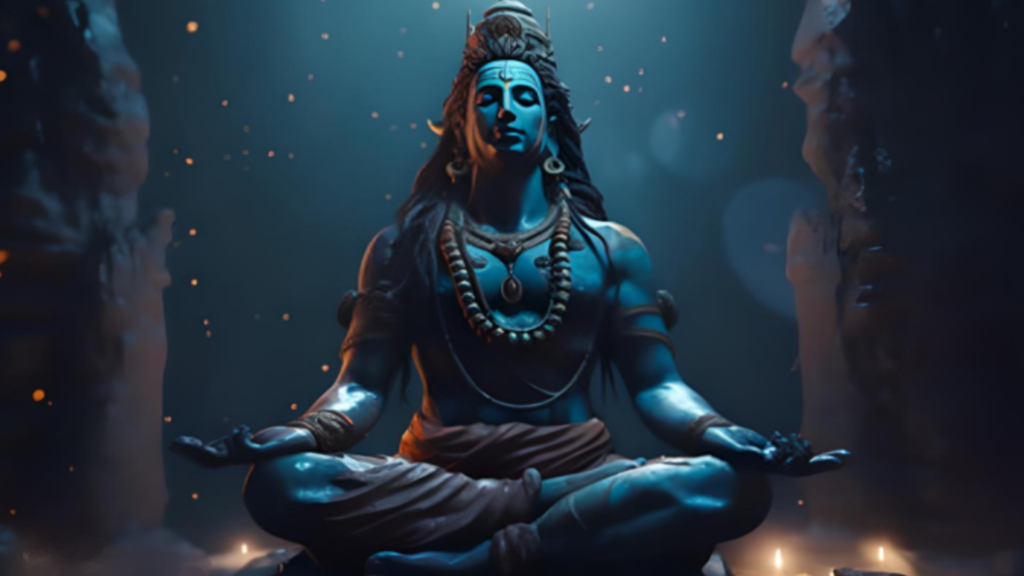
Hindu Cosmology – the universe according to Hinduism
Hindu Cosmology is a profound and intricate framework that delves into the origins, structure, and evolution of the universe as perceived by Hinduism, one of the world’s oldest religions. At its core lies the concept of cyclical creation and dissolution, known as “kalpas,” which span immense periods of time. According to Hindu cosmology, the universe undergoes endless cycles of creation, preservation, and destruction. These cycles are presided over by the deities Brahma, Vishnu, and Shiva, who represent creation, preservation, and destruction respectively.
In Hindu cosmology, the universe is often depicted as a cosmic egg, symbolizing the potential for creation. Within this egg, various layers of existence are conceived, including the physical world (Bhuloka), the astral realm (Bhuvarloka), and the divine abode (Svarloka). Beyond these realms lies the ethereal plane (Maharloka), followed by the planes of pure existence (Janaloka), divine consciousness (Tapoloka), and ultimate reality (Satyaloka). Each realm is associated with different states of consciousness and spiritual evolution.
Central to Hindu cosmology is the concept of “yugas,” which are cosmic ages that mark the rise and fall of human civilization. There are four yugas: Satya Yuga, Treta Yuga, Dvapara Yuga, and Kali Yuga. These yugas are believed to influence the moral and spiritual state of humanity, with the Kali Yuga representing the darkest and most degenerate phase.
Additionally, the sacred text known as the “Puranas” provides detailed narratives of creation and cosmology. One of the most well-known stories is that of the churning of the cosmic ocean, which symbolizes the search for eternal wisdom and the emergence of both positive and negative aspects of existence.
Hindu cosmology’s multifaceted approach offers a perspective that goes beyond scientific explanations, embracing the mystical and spiritual dimensions of the universe. It intertwines mythology, philosophy, and spirituality, inviting practitioners to contemplate their place within the grand tapestry of creation, destruction, and rebirth. As Hinduism continues to evolve, its cosmological concepts remain a source of inspiration and contemplation for seekers of profound truths.
